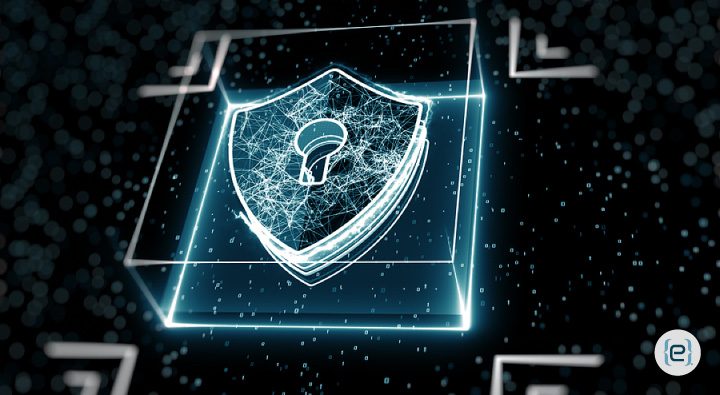Leading cyber security experts predict that the damage caused by cyber crime will reach over 10 trillion dollars by the end of 2024. Cyberattacks continue to increase in frequency and sophistication while the cyber security industry faces a significant talent gap. Fortunately, the impact of AI on threat detection gives companies an invaluable asset in the ongoing battle.
Integrating AI into threat detection systems has fundamentally altered the way organizations approach cyber security. Utilizing AI, security teams can detect cyber threats early, shining light on previously unseen warning signs and empowering a proactive approach. AI systems quickly adapt to the changing environment and enhance security with automated responses.
Early Detection of Emerging Threats
Traditional security systems identify threats by scanning files or programs and comparing them against databases of known malicious patterns or signatures. If the system finds a match, it generates an alert and takes appropriate action. This approach works well for known threats, but it cannot detect zero-day threats that do not match to the signature database.
On the other hand, AI-based systems continuously monitor network traffic, system logs, and user behavior. By analyzing vast amounts of data at superhuman speed, these systems uncover complex patterns and detect anomalies that may indicate potential threats. This allows security teams to act quickly, addressing signs of compromise before significant damage occurs.

Predictive Capabilities Drive Proactive Approach
In addition to early breach detection, AI security systems can even predict future attacks before they happen. Using historical data, machine learning, and statistical models, AI tools analyze past attack patterns and predict which vulnerabilities are likely to be exploited. Security teams can then prioritize patching accordingly.
Additionally, AI systems monitor threat intelligence feeds, the dark web, and hacker chatter, alerting security personnel to new attacks. This advance warning gives the organization the lead time and information necessary to prepare appropriate defenses.
Ability to Adapt
AI systems leverage machine learning, meaning that they constantly learn and evolve. With proper oversight, these tools become more accurate over time, reducing the number of false positives. Thus, they adapt to new attack methods and identify previously unknown threats, making them far more effective than traditional methods against sophisticated attacks.
AI delivers another key advantage in its scalability. As organizations grow, AI systems can easily manage increased data flows without a negative impact on performance. Consequently, companies gain a security system that adapts readily to changing business needs.
Automated Response Enhances Security
AI-based tools can automate security responses, often before humans even detect the threat. For instance, when AI detects a suspicious file or infected system, it can automatically quarantine the file or isolate the affected system to prevent further spread.

Secondly, AI can apply dynamic firewall rules to help prevent unauthorized access. If continuous monitoring detects patterns that indicate malicious activity, the AI system can adjust firewall rules on the fly to block traffic from suspicious IP addresses or ports. It can also automatically lock a user account if it detects unusual behavior such as multiple failed logins.
Automated patching provides another layer of security. By tracking vulnerabilities, AI can prioritize patching based on risk determination. It can also apply temporary patches to offer protection until an official fix becomes available.
Impact of AI On Threat Detection Huge, But Proceed with Caution
While AI plays an indispensable role in providing security against today’s cyber threats, it does bring potential challenges. Security teams that rely too heavily on AI risk developing a false sense of security, forgetting the importance of human oversight. And AI models depend on accurate, high-quality data to produce reliable, effective results.
Additionally, in a business environment dominated by regulatory mandates around transparency, AI systems can muddy the waters. Security teams must be able to demonstrate how AI systems arrive at their conclusions. And they must ensure the ethical use of AI.
Despite these challenges, AI is undeniably transforming the battle against cyber threats. And as AI technology continues to develop, security teams will be able to harness even more powerful threat detection capabilities.
Security services from eMazzanti Technologies combine the power of AI and cutting-edge technology with the insights and expertise of highly trained security professionals. Gain the confidence you need with comprehensive security tailored to your business needs.
Dark Web Monitoring
Is your information on the Dark Web?
We go into the dark web to keep you out of it







